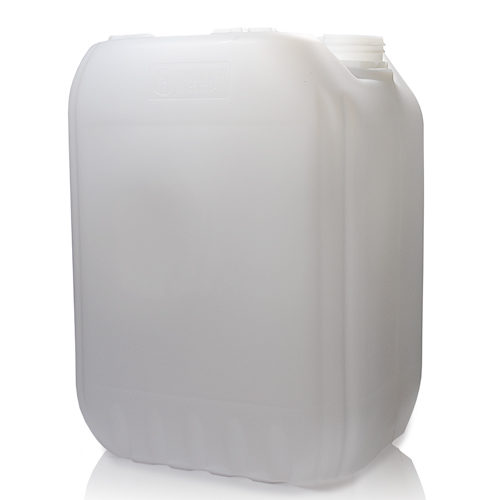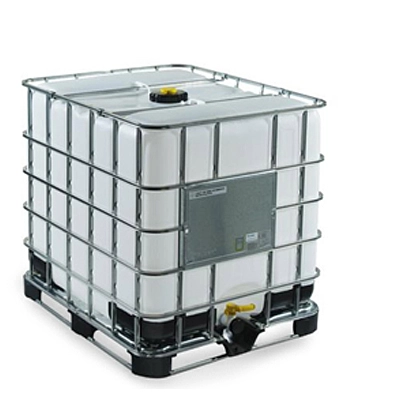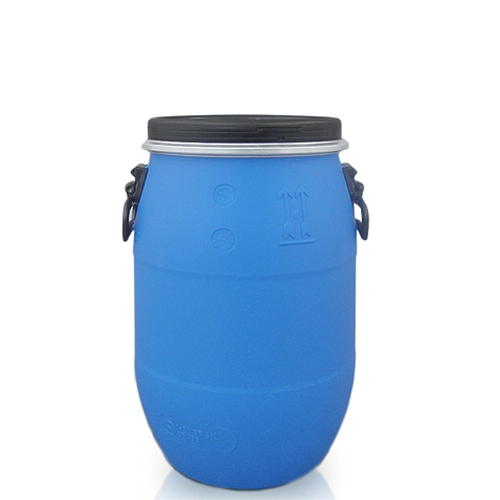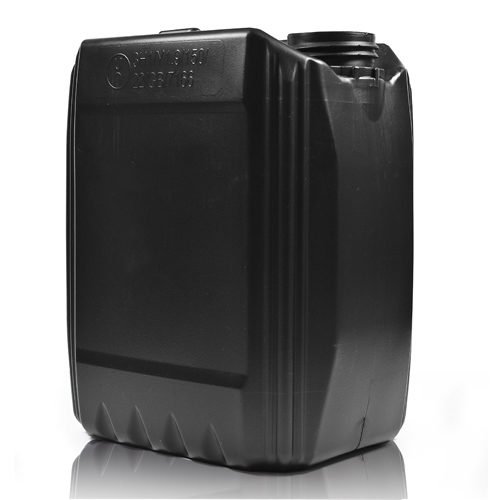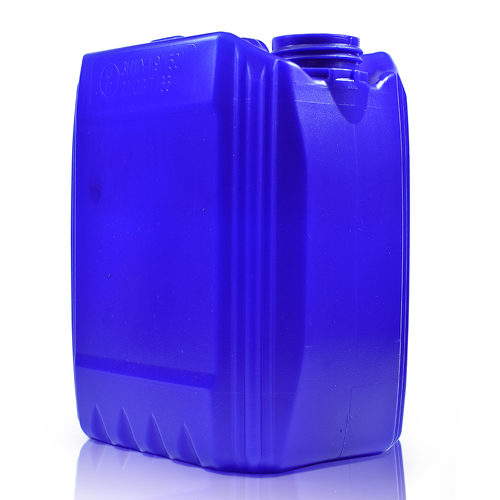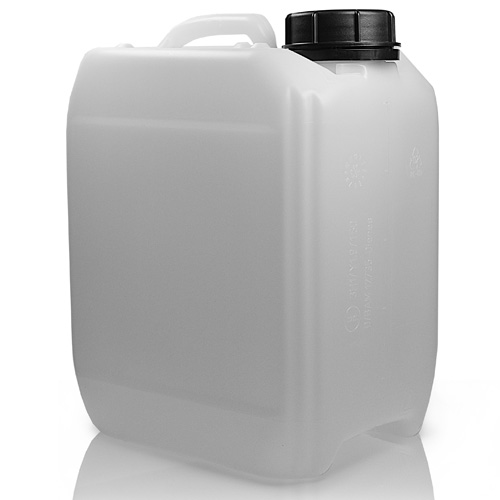Food Waste Management For Your Business
Let’s start with the facts: across the UK, each year 1.9 million tonnes of food is thrown away by the food industry. This sounds like a lot – and it is – but the problem of food waste management is difficult to overcome. With health and safety standards to be met and food safety of paramount concern, it’s not quite as simple as overlooking the best before date and popping it back in the fridge.
The good news is there are a range of food waste management and prevention methods already being used by caterers, restaurants and supermarkets to reduce waste.
How is food waste disposed?
A lot of food waste is still sent straight to landfill. While a lot of food waste will eventually biodegrade, disposing of large quantities of food waste in this way doesn’t maximise the value of food. It can also release harmful uncontrolled gases into the atmosphere, so the food industry is turning to alternative methods of food waste management. There are two main alternatives to landfill disposal: composting and anaerobic digestion.
Composting breaks down the food into organic matter that then provides nutrients for future plants to grow. Composting can take place on a small or large scale – a lot of households have their own composter in the garden. Many businesses outsource their food waste management to a specialist company, who composts the food on their behalf.
Anaerobic digestion is a relatively recent development in food waste management. It produces fewer greenhouse gas emissions than composting, and also turns the gases that are emitted into a source of renewable energy. As a result, although the food isn’t eaten as originally intended, it’s at least disposed of in an environmentally-conscious manner.
How you can prevent or reduce food waste in your business
Although new technology means food waste management is becoming easier and more sustainable, the goal for many businesses is to serve or sell as much food as possible to minimise their food waste altogether. By improving food storage methods and finding ways to use up your unsold food, you can minimise waste and maximise your revenue. Many supermarkets and catering businesses are also choosing to donate surplus food to charities and food banks. This is a great way of ensuring food is used by people who need it most.
That’s where we come in.
With high quality food storage supplied in bulk quantities, you can ensure you have the right containers to keep your food stock fresher for longer. You can also use this packaging to store and transport your surplus food to charities in your local area, helping you do your bit for your community.
From glass jars for preserves and sauces, to plastic food-safe buckets for bulk food manufacturing and tamper-evident storage, we supply a huge range of food packaging products across the catering and hospitality industries.
Our products are quality checked for food suitability, so look out for the food-safe plastics used across our range. Available in neutral colours, you can work with your suppliers to label your products informatively, ensuring your customers have the information they need regarding portion sizes, nutrition and shelf-life so they can reduce their household food waste, too.
Want to know more about our food packaging?
For more information about our food packaging products, take a look at our online catalogue. If you have any questions, please contact our team on 0161 367 9093 – they’ll be happy to discuss your requirements with you and recommend products that best suit your needs.
